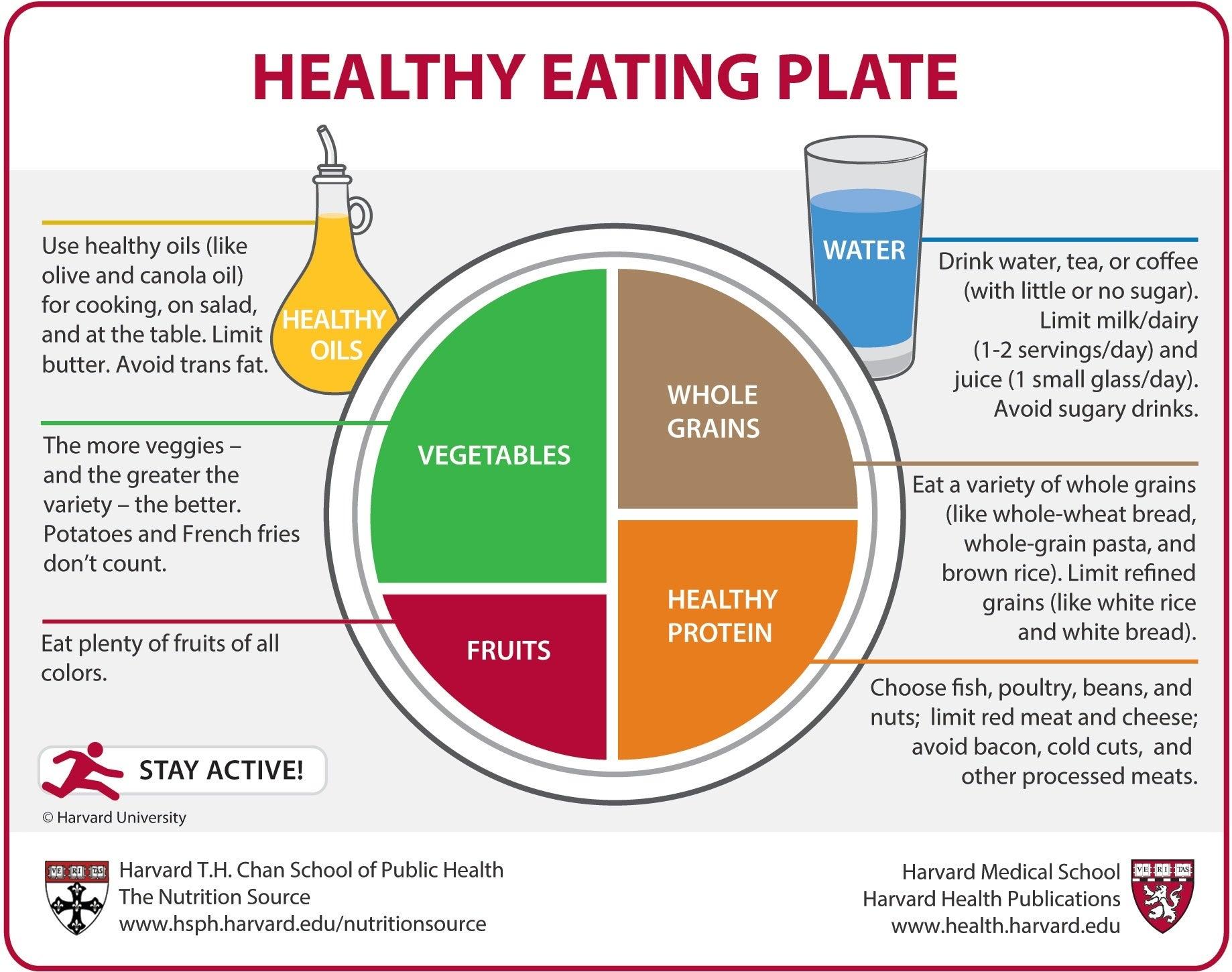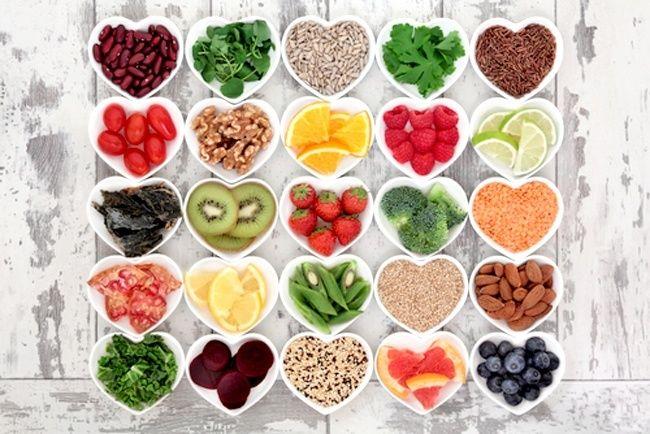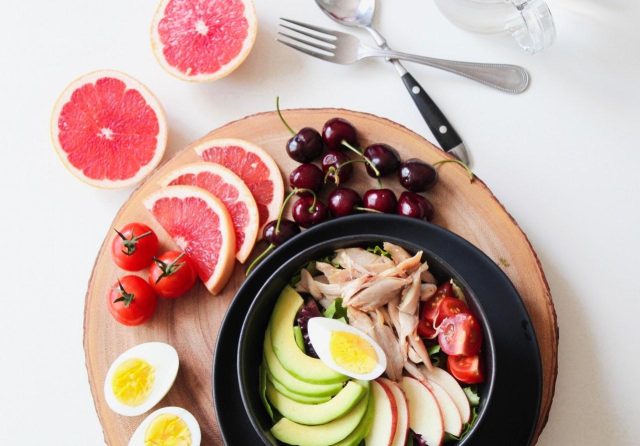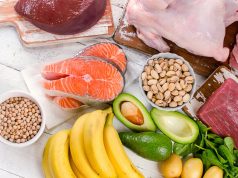In today’s fast-paced world, feeling constantly tired and drained has become an all-too-common experience for many of us. While various factors can contribute to fatigue, what we often overlook is the significant role our diet plays in our energy levels. Understanding how to balance your diet effectively is not just about eating the right foods; it’s about nourishing your body in a way that supports sustained vitality throughout the day. In this guide, we’ll explore practical strategies to help you fine-tune your eating habits, offering insights and tips that are both easy to implement and compassionate to your individual needs. Whether you’re juggling a hectic schedule, managing stress, or simply seeking to improve your overall well-being, we’re here to help you make informed choices that can lead to a more energized and fulfilling life.
Understanding the Role of Nutrients in Energy Levels
Energy levels can be significantly influenced by the nutrients we consume. Understanding the intricate relationship between our diet and how energized we feel is essential for maintaining vitality throughout the day. Nutrients play various roles, each contributing uniquely to our energy metabolism. Here’s a look at some key nutrients and their impact on energy:
- Carbohydrates: Often considered the body’s primary energy source, carbohydrates break down into glucose, which fuels your brain and muscles. Opt for complex carbs like whole grains and legumes for a sustained energy release.
- Proteins: Essential for muscle repair and growth, proteins also contribute to energy when carbohydrate stores are low. Include lean meats, dairy, and plant-based proteins like beans and nuts in your diet.
- Fats: Healthy fats provide a long-lasting energy source. Incorporate sources like avocados, nuts, and olive oil to maintain balanced energy levels.
- Vitamins and Minerals: B vitamins are crucial for converting food into energy, while iron is necessary for transporting oxygen to cells. Ensure a variety of fruits, vegetables, and lean meats to meet these nutrient needs.
| Nutrient | Role in Energy | Food Sources |
|---|---|---|
| Carbohydrates | Primary energy source | Whole grains, fruits, legumes |
| Proteins | Muscle repair, secondary energy | Lean meats, beans, nuts |
| Fats | Long-lasting energy | Avocados, nuts, olive oil |
| Vitamins & Minerals | Energy conversion, oxygen transport | Fruits, vegetables, lean meats |
Balancing these nutrients is key to preventing fatigue. By consciously choosing foods that provide these essential components, you can sustain your energy levels and reduce feelings of tiredness. Remember, a varied diet rich in whole foods is the foundation of vibrant health and vitality.

Crafting a Balanced Meal Plan to Sustain Vitality
Designing a meal plan that keeps you energized throughout the day involves more than just choosing healthy foods; it’s about finding the right balance. Prioritize incorporating a variety of food groups into your meals to ensure you’re getting a comprehensive array of nutrients. Aim for a colorful plate, which typically signifies a nutrient-rich meal. Consider the following key components:
- Proteins: Essential for muscle repair and energy, proteins should be a staple in your diet. Opt for lean meats, beans, and legumes.
- Carbohydrates: Your body’s main energy source. Choose whole grains like quinoa and brown rice to maintain consistent energy levels.
- Healthy Fats: Important for brain health and energy. Incorporate sources like avocados, nuts, and olive oil.
- Fruits and Vegetables: Packed with vitamins and minerals, they should cover half of your plate. Choose seasonal varieties for the best nutritional value.
| Meal | Components | Examples |
|---|---|---|
| Breakfast | Carbs, Protein, Fruit | Oatmeal with nuts and berries |
| Lunch | Protein, Veggies, Healthy Fats | Grilled chicken salad with avocado |
| Dinner | Protein, Carbs, Veggies | Quinoa with roasted vegetables and salmon |
Remember, staying hydrated is just as important as what you eat. Drink plenty of water throughout the day to support digestion and overall vitality. By thoughtfully balancing your diet, you’ll be better equipped to prevent fatigue and sustain energy levels, allowing you to thrive in your daily activities.

Incorporating Superfoods to Boost Your Energy
Feeling sluggish and fatigued can be a common struggle, especially in our fast-paced world. To combat this, consider integrating superfoods into your daily diet to naturally enhance your energy levels. Superfoods are nutrient-rich powerhouses that can provide you with the stamina you need to tackle your day. Here are some top choices to consider:
- Chia Seeds: Packed with omega-3 fatty acids, protein, and fiber, chia seeds help stabilize blood sugar levels, providing steady energy throughout the day.
- Quinoa: Known as a complete protein, quinoa is rich in iron and magnesium, essential for energy production and muscle function.
- Spirulina: This blue-green algae is loaded with antioxidants, vitamins, and minerals, offering a quick energy boost and supporting overall vitality.
- Goji Berries: High in antioxidants and vitamin C, goji berries can help improve alertness and fight fatigue.
To make it easier to incorporate these superfoods into your meals, here’s a simple table with some suggestions:
| Superfood | How to Use |
|---|---|
| Chia Seeds | Add to smoothies or make a chia pudding |
| Quinoa | Use as a base for salads or as a rice substitute |
| Spirulina | Mix into juices or sprinkle on salads |
| Goji Berries | Snack on them raw or add to oatmeal |
By regularly including these superfoods in your diet, you’ll not only boost your energy but also enhance your overall health. Remember, the key is to balance and diversify your diet to prevent fatigue and maintain optimal wellness.

Practical Tips for Consistent Dietary Habits
- Plan Your Meals: Start by crafting a weekly meal plan that includes a variety of nutrients. This not only saves time but also ensures you’re getting a balanced intake of proteins, carbohydrates, and healthy fats. Incorporate colorful fruits and vegetables to provide essential vitamins and minerals.
- Mindful Eating: Focus on your meals without distractions. Eating mindfully helps you listen to your body’s hunger cues, preventing overeating and promoting better digestion. It’s about savoring each bite, which can enhance your satisfaction and reduce the temptation to snack unnecessarily.
- Stay Hydrated: Water is crucial for maintaining energy levels. Make it a habit to drink a glass of water first thing in the morning and carry a reusable bottle throughout the day. Adding slices of lemon or cucumber can make it more appealing and refreshing.
| Nutrient | Benefits | Sources |
|---|---|---|
| Protein | Supports muscle repair and growth | Chicken, beans, tofu |
| Carbohydrates | Primary energy source | Whole grains, fruits, vegetables |
| Healthy Fats | Essential for brain health | Avocados, nuts, olive oil |
Building consistent dietary habits doesn’t mean depriving yourself of your favorite foods. Balance is key. Enjoy treats in moderation and find healthier alternatives that satisfy your cravings. This approach not only helps in preventing fatigue but also makes the journey to a balanced diet more enjoyable and sustainable.








































